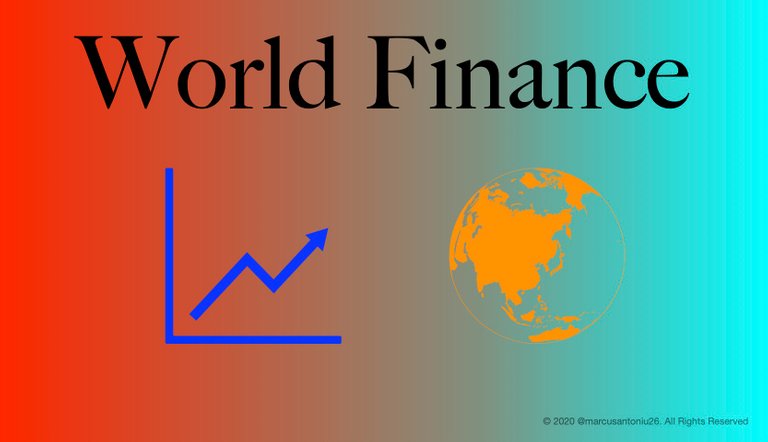
Inflation is a sustained increase in the general price level of goods and services in an economy over time. It is often measured by an inflation rate, which is the percentage increase in prices over a given period. While inflation is generally seen as a negative economic phenomenon, it can have some benefits when it comes to reducing national debt.
National debt is the total amount of money owed by a country's government to its creditors. It is often measured as a percentage of the country's gross domestic product (GDP). Inflation can help reduce national debt by decreasing the real value of the debt over time.
To understand how inflation reduces national debt, it is important to consider the relationship between debt, inflation, and interest rates. When a government borrows money, it typically issues bonds or other securities to investors. These securities pay interest to investors as compensation for lending the government money.
If inflation is high, the value of the money borrowed by the government decreases over time. For example, if the government borrows $1,000 at a fixed interest rate of 2% and inflation is 3%, the real value of the debt decreases over time as the purchasing power of the dollar declines. This means that the government can pay back the debt with dollars that are worth less than the dollars it borrowed, effectively reducing the burden of the debt.
In addition, high inflation can lead to higher interest rates, which can also benefit the government in terms of reducing the real value of its debt. When inflation is high, lenders demand higher interest rates to compensate for the increased risk of lending money. If the government has borrowed money at a fixed interest rate, but interest rates rise due to inflation, the government effectively pays back its debt with cheaper dollars.
However, it is important to note that high inflation can also have negative consequences for the economy, such as eroding the value of savings, reducing consumer purchasing power, and increasing economic uncertainty. It can also lead to higher interest rates, which can make it more expensive for the government to borrow money in the future.
In conclusion, inflation can help reduce national debt by decreasing the real value of the debt over time. When inflation is high, the value of the money borrowed by the government decreases, allowing the government to pay back the debt with dollars that are worth less than the dollars it borrowed. High inflation can also lead to higher interest rates, which can further reduce the real value of the debt. However, it is important to consider the negative consequences of high inflation and to balance the benefits of inflation with the risks and costs associated with this economic phenomenon.
For further information, read this article